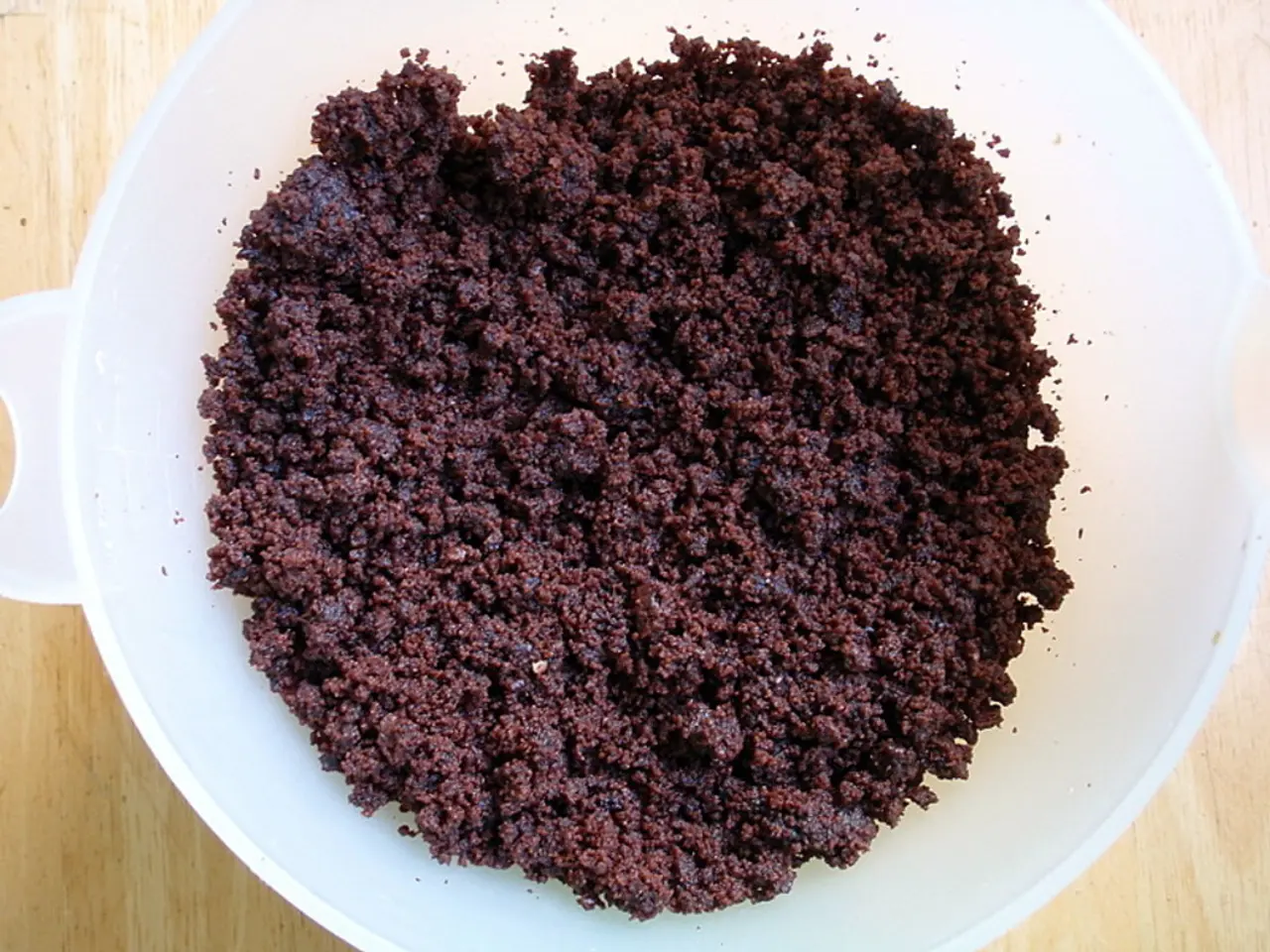Intestinal colitis at a microscopic level: Understanding the condition, its varieties, signs, and additional insights
Lymphocytic colitis is a form of Microscopic Colitis, a type of inflammatory bowel disease (IBD) that primarily affects the inner lining of the colon. This condition, characterised by chronic watery, non-bloody diarrhea, can impact daily activities and quality of life.
Symptoms
The most common symptom of lymphocytic colitis is chronic, watery diarrhea without blood. Other symptoms may include abdominal pain and cramping, bloating, fatigue, and possible sleep disturbances.
Causes
The exact cause of lymphocytic colitis is not fully understood, but it is believed to involve inflammation of the colon’s lining at a microscopic level. Factors that may contribute include immune system irregularities, possible triggering by certain medications, interactions between gut bacteria and immune responses, and dietary influences that affect gut microbiota balance.
Diagnosis
Diagnosis of lymphocytic colitis typically involves a colonoscopy with biopsies. Microscopic examination reveals increased lymphocytes (a type of white blood cell) in the colon lining.
Treatment
Treatment for lymphocytic colitis aims to reduce inflammation, manage symptoms, and restore gut balance. Dietary management plays a crucial role, with a focus on a diet rich in fiber, antioxidants, and anti-inflammatory nutrients to support a healthy gut environment and reduce symptoms. Avoiding processed foods, refined sugars, and unhealthy fats is important as these disrupt gut bacteria balance.
Medications such as anti-inflammatory drugs like budesonide may be prescribed to induce remission. Consuming probiotic-rich foods such as yogurt, kefir, sauerkraut, and kimchi can help restore beneficial gut bacteria. Avoidance of triggers like certain medications or specific foods may also be recommended.
While lymphocytic colitis shares some similarities with ulcerative colitis (a different inflammatory bowel disease), it specifically features non-bloody diarrhea and microscopic inflammation.
In summary, common symptoms of lymphocytic colitis are watery diarrhea and abdominal discomfort; causes are immune-mediated inflammation and possible gut flora imbalances; and treatments include dietary changes, probiotics, and anti-inflammatory medications to manage symptoms and reduce inflammation.
Lymphocytic colitis is a type of inflammatory bowel disease (IBD) that primarily affects the inner lining of the colon and shares some similarities with other chronic medical conditions such as ulcerative colitis, Crohns, and other colitis. Science continues to explore the complex relationship between gut health and digestive diseases like lymphocytic colitis, with research focusing on factors like immune system irregularities, dietary influences, and microscopic inflammation. Managing these conditions is crucial for maintaining overall health and wellness. Treatment for lymphocytic colitis typically involves reducing inflammation, managing symptoms, and restoring gut balance, often through dietary management, medications, and the consumption of probiotic-rich foods.




